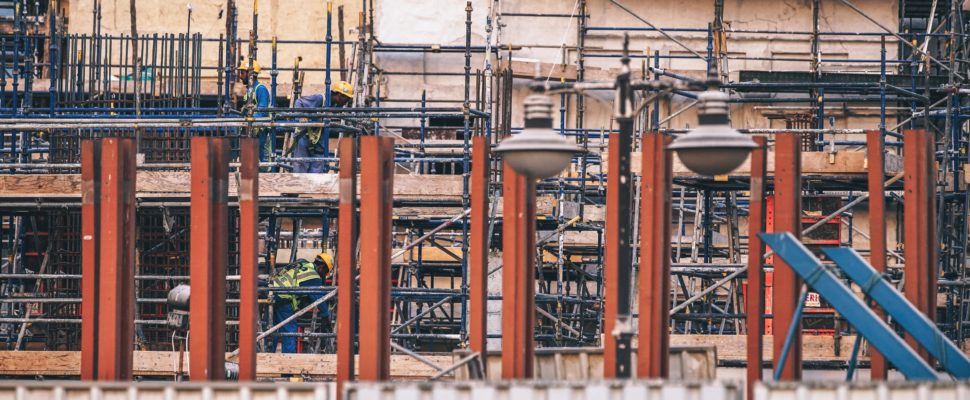The global drop in oil prices in 2015-2016 hit the Algerian economy – which is heavily reliant on petroleum revenues – hard. The country’s government implemented severe economic cuts across a number of sectors (including healthcare), to redress the balance, shuttering plans to create five new hospitals. With the multinational companies commissioned to deliver these projects now in limbo, doubts remain about the investability of Algeria’s healthcare sector.
The spillover of austerity measures into the Algerian life science domain was finally confirmed with the announcement of the indefinite delay of the construction of five flagship, new-build Center Hospitalier-Universitaire (CHUs). Each CHU was set to have admission capacities of between 500 and 700 beds that were to be established in Algiers, Tizi Ouzou, Tlemcen, Ouargla and Constantine.
“The intention had been to commission top multinationals to deliver these turnkey university hospitals, and contracts had actually been signed to that effect. However, due to the dramatic fall in the price of oil (which comprises 98 percent of state revenue), the government felt it had little choice but to freeze these big-ticket infrastructure items,” explains Ismael Chikhoune, president of the US-Algeria Business Council (US-ABC).
There can be no doubt that business confidence took a bit of a knock when these high-level commitments were suddenly ditched
Some stakeholders have been concerned as to the message such actions send out to the international investor community. “There can be no doubt that business confidence took a bit of a knock when these high-level commitments were suddenly ditched. The incident is frankly emblematic of the kind of risks you can encounter when doing business in this country. Thankfully, however, the impact was limited mostly to the hospital construction and medical equipment segment and there was no real contagion effect to other business sectors such as pharma,” recalls Marko Ackermann, director general of the German-Algerian Chamber of Commerce and Industry (AHK).
Others, such as former health minister Messoud Zitouni, see the development as a blessing in disguise. “I personally feel that grandiose plans to create as many as seven new CHUs were hyped up in a way that was misguided. It was presented almost as a silver bullet. One or two additional university hospitals would doubtless be helpful for augmenting the capacities of our healthcare system, but seven would likely have been very difficult to assimilate and manage efficiently. Merely appealing for additional hardware is too simplistic and risks misdiagnosing the underlying root problems that we need to fix, which are a shortage of hospital management professionals and the irrational and wasteful deployment of the existing resource base.”



